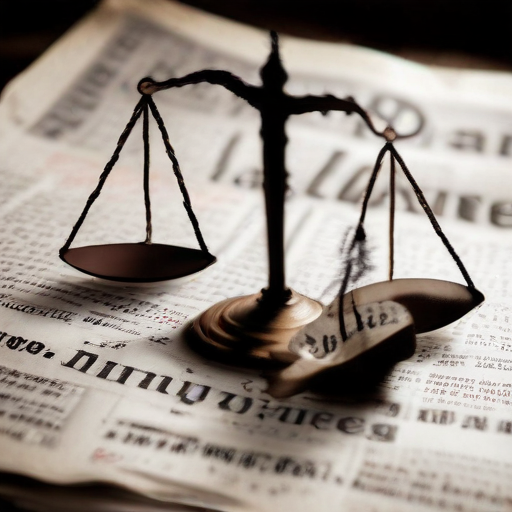In response to South Korean President Yoon Suk Yeol’s recent declaration of martial law, Boram Jang, a researcher at Amnesty International, expressed significant concern regarding potential human rights violations. Jang emphasized that this emergency law must not be used as a justification for suppressing civil liberties. She called for President Yoon to provide a comprehensive explanation for the martial law declaration and to ensure that any measures limiting human rights are strictly necessary, exceptional, and temporary, with judicial oversight.
Jang highlighted the dangers of transferring administrative and judicial powers to the military, warning that it could undermine decades of progress made in human rights and governance. She asserted that without adequate justification, such actions could violate international human rights law, noting that the rule of law must prevail even during a public emergency. The use of martial law to stifle dissent or limit fundamental freedoms is unacceptable, she stated.
President Yoon’s late-night address announced the imposition of martial law, claiming a need to combat what he called “shameless pro-North Korean anti-state forces.” Reports revealed military orders to ban parliamentary activities, control the media, and prohibit assemblies and demonstrations. Under South Korean law, martial law is reserved for grave threats to the state’s survival, such as war or rebellion. Many question whether the rationale given by President Yoon, centered on alleged subversive acts and impeachment proceedings, meets the stringent legal conditions outlined in the Martial Law Act and the Constitution.
It is crucial to note that international standards allow for limited and strictly necessary restrictions on human rights under martial law. Such measures must be temporary and proportionate to the actual threat posed.
Overall, while the situation raises concerns regarding civil liberties in South Korea, the international community’s vigilance can serve as a check on potential abuses. Upholding human rights standards during crises is essential for the health of democracy. There remains hope that proper oversight and accountability can safeguard the rights of individuals even amidst challenging circumstances.
